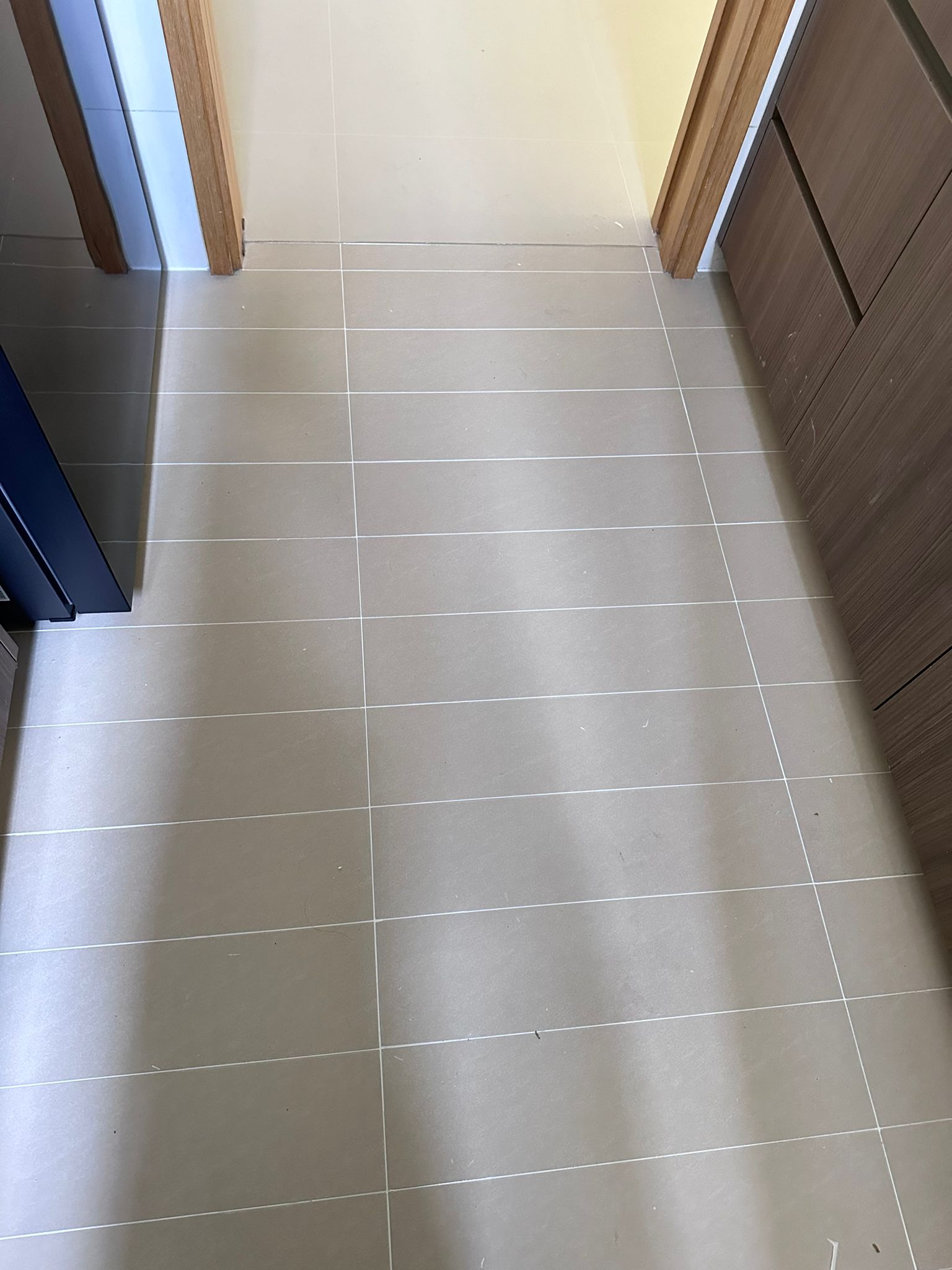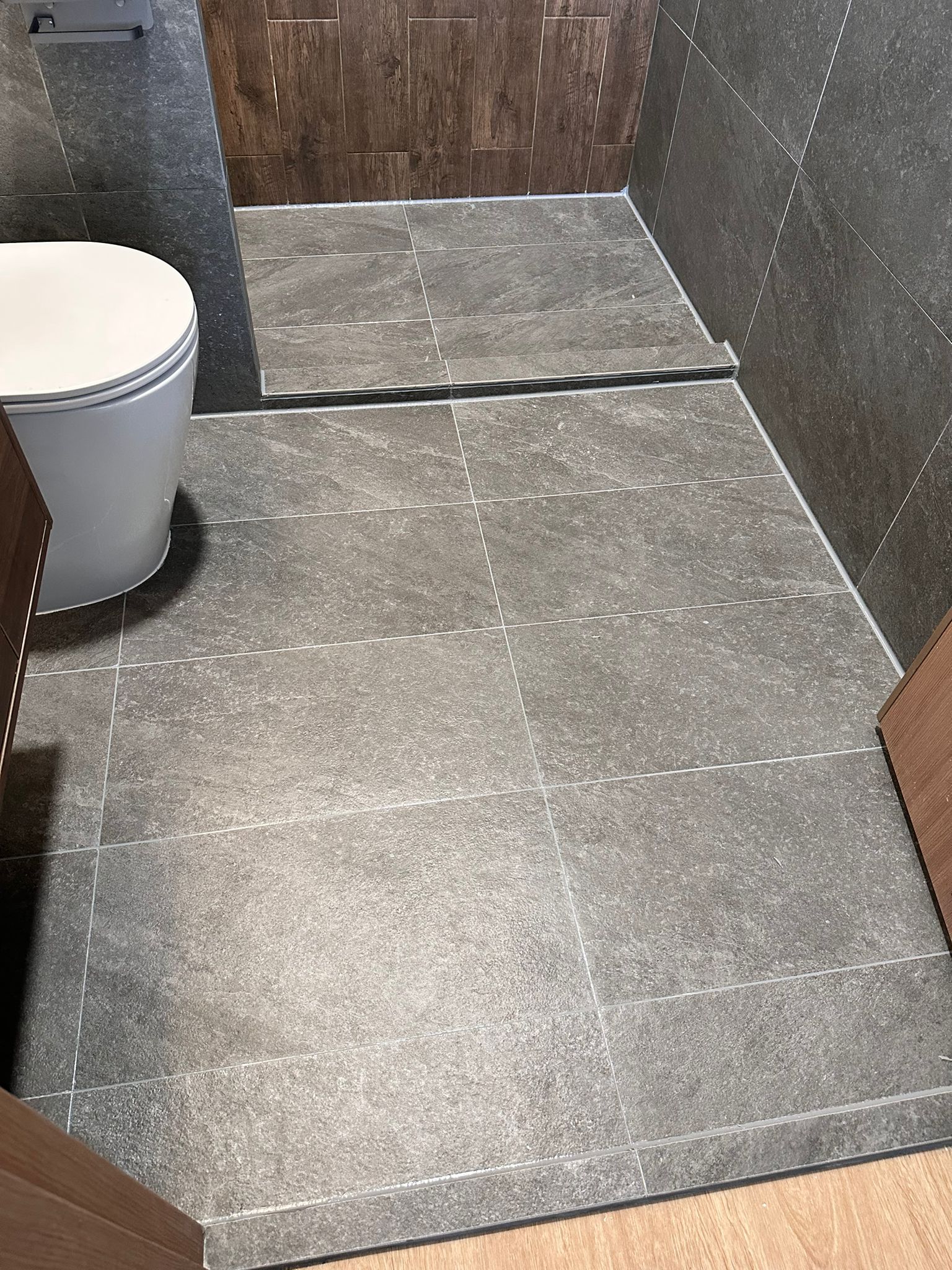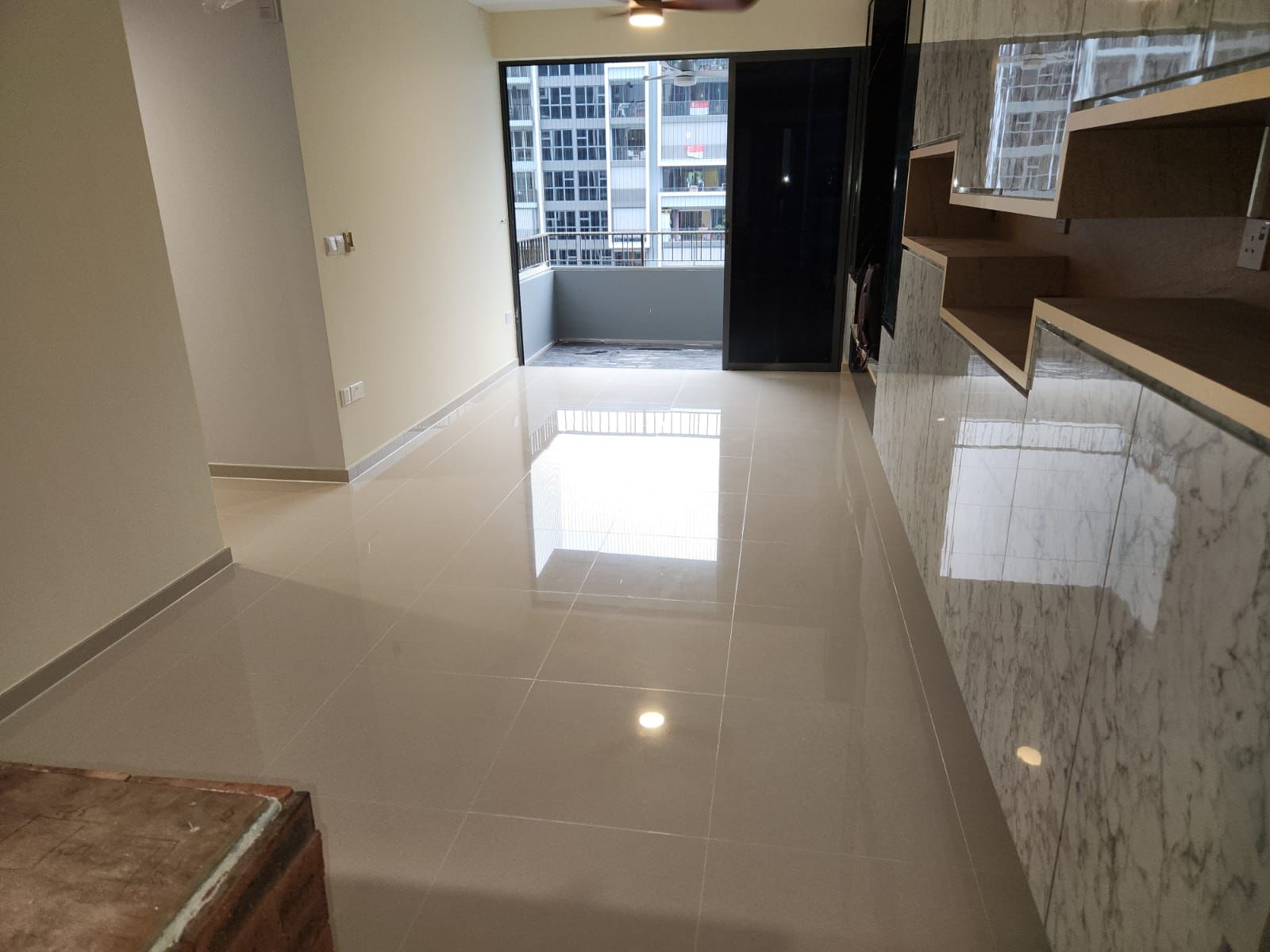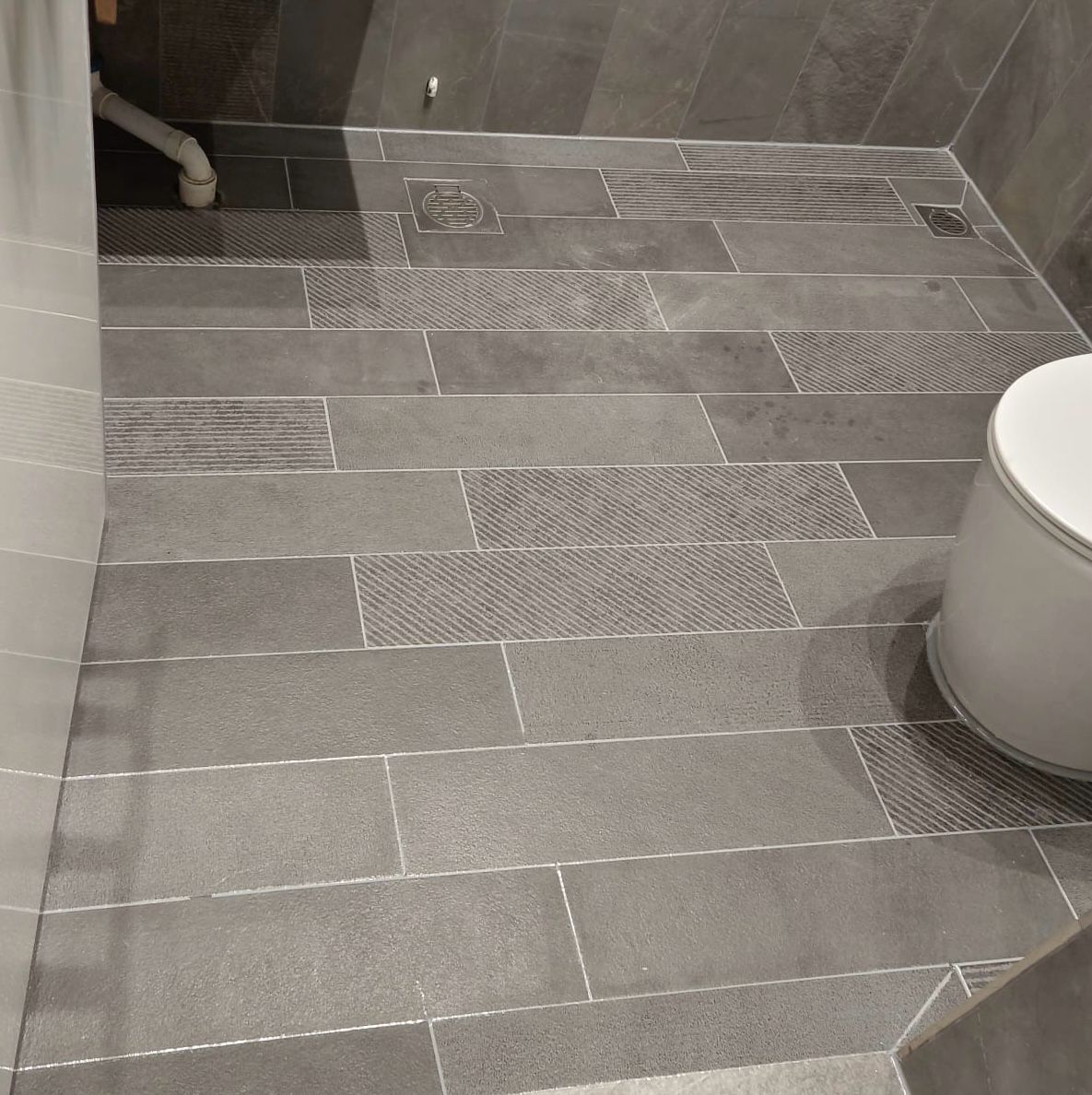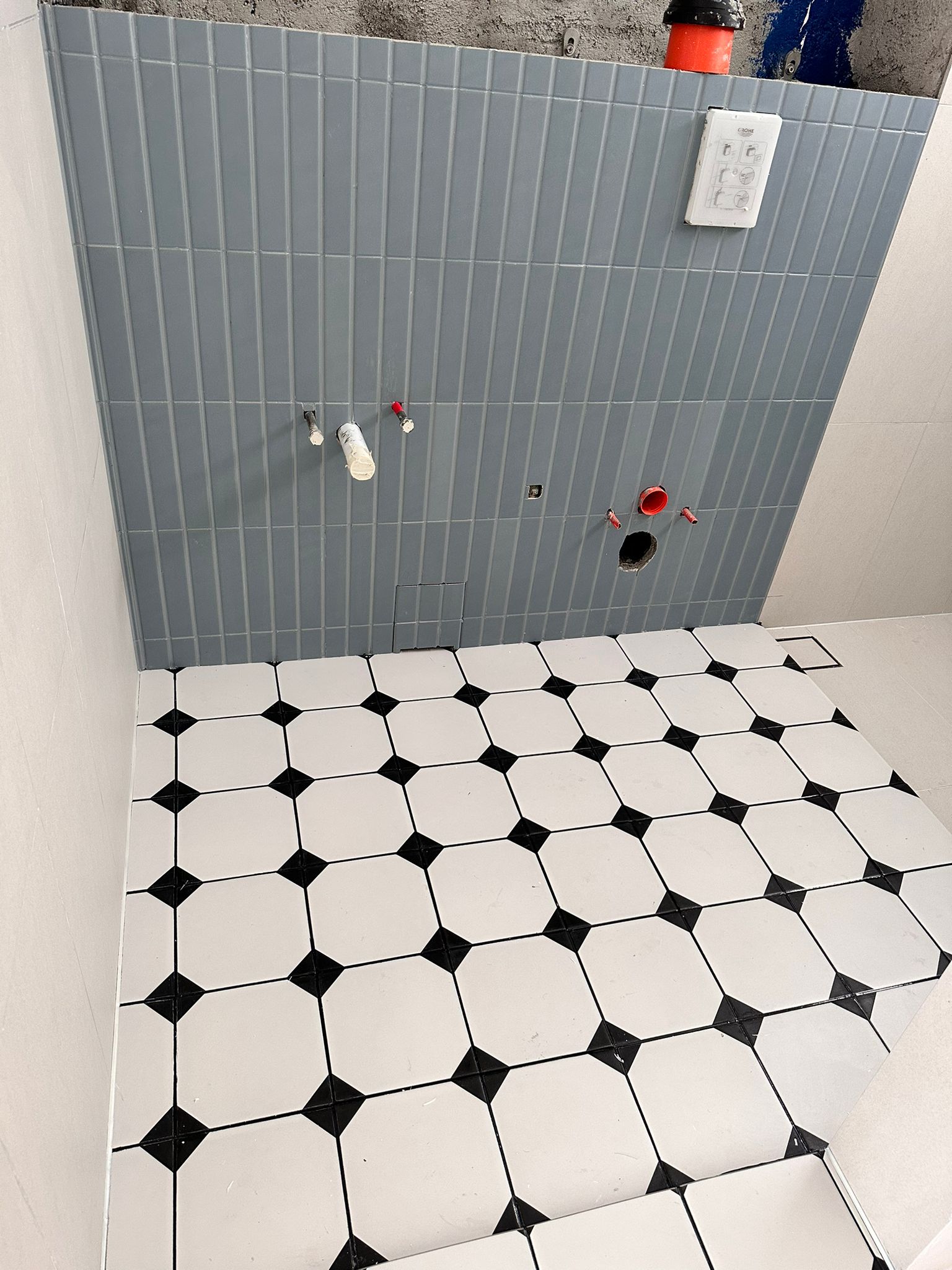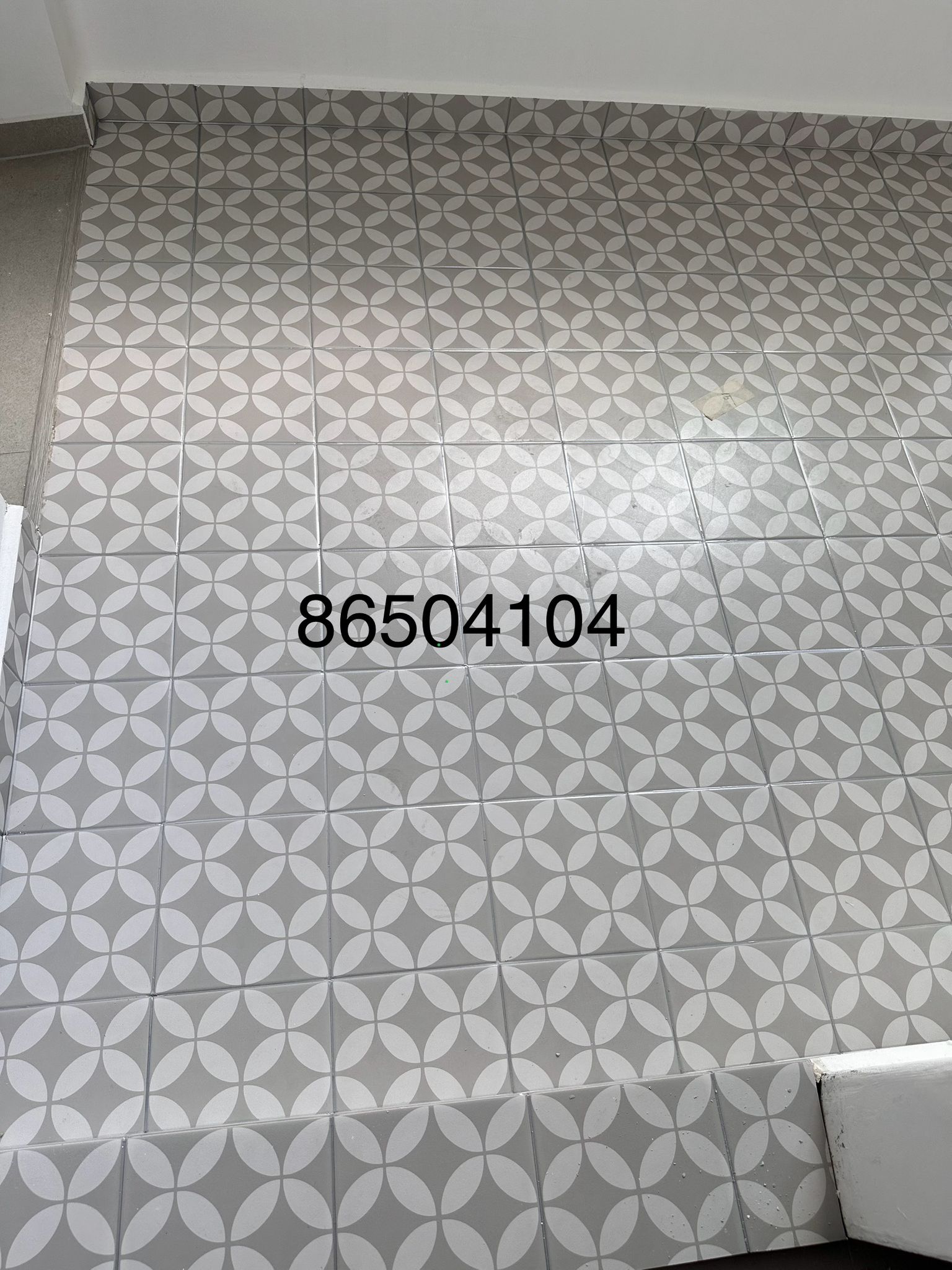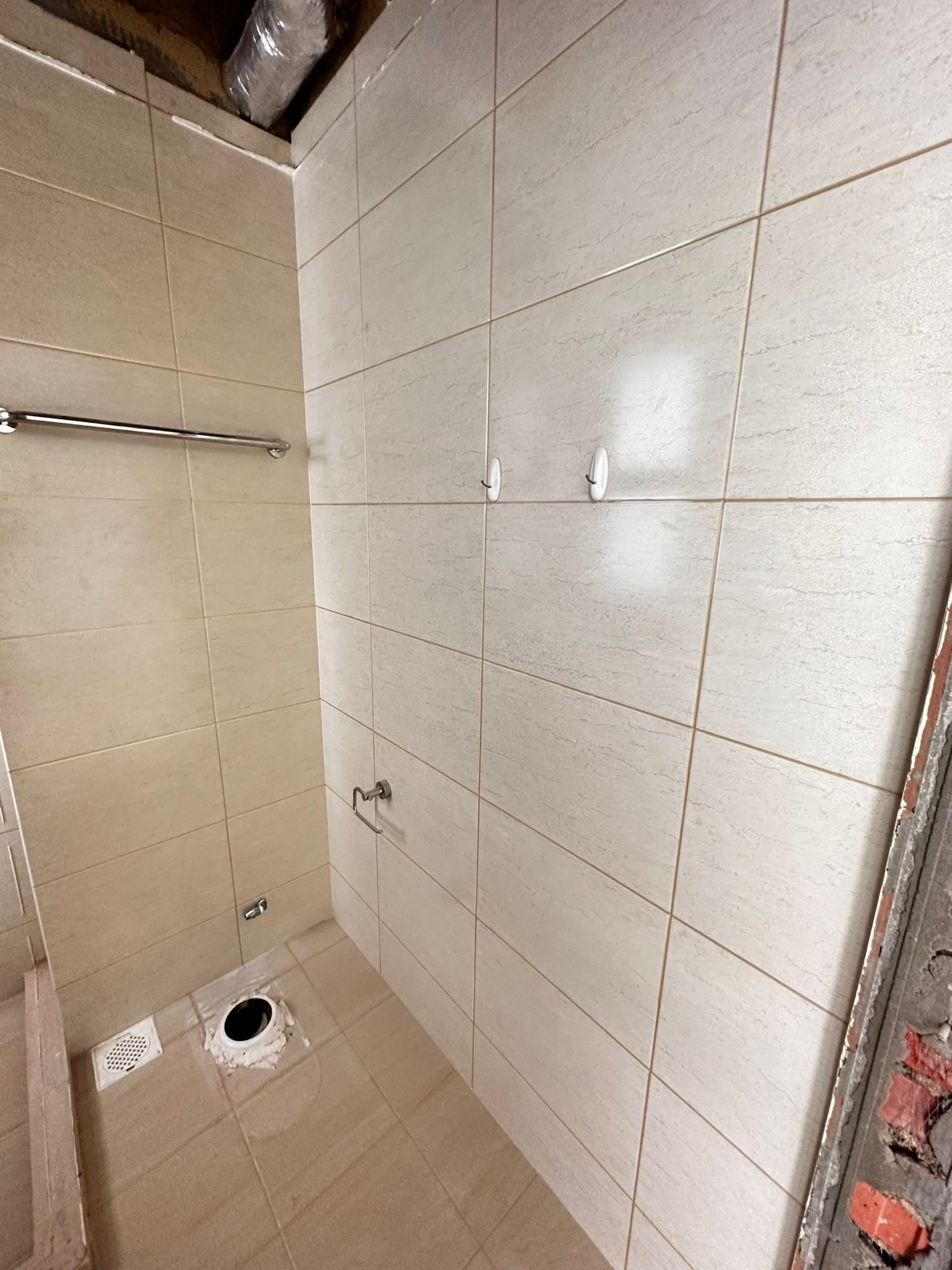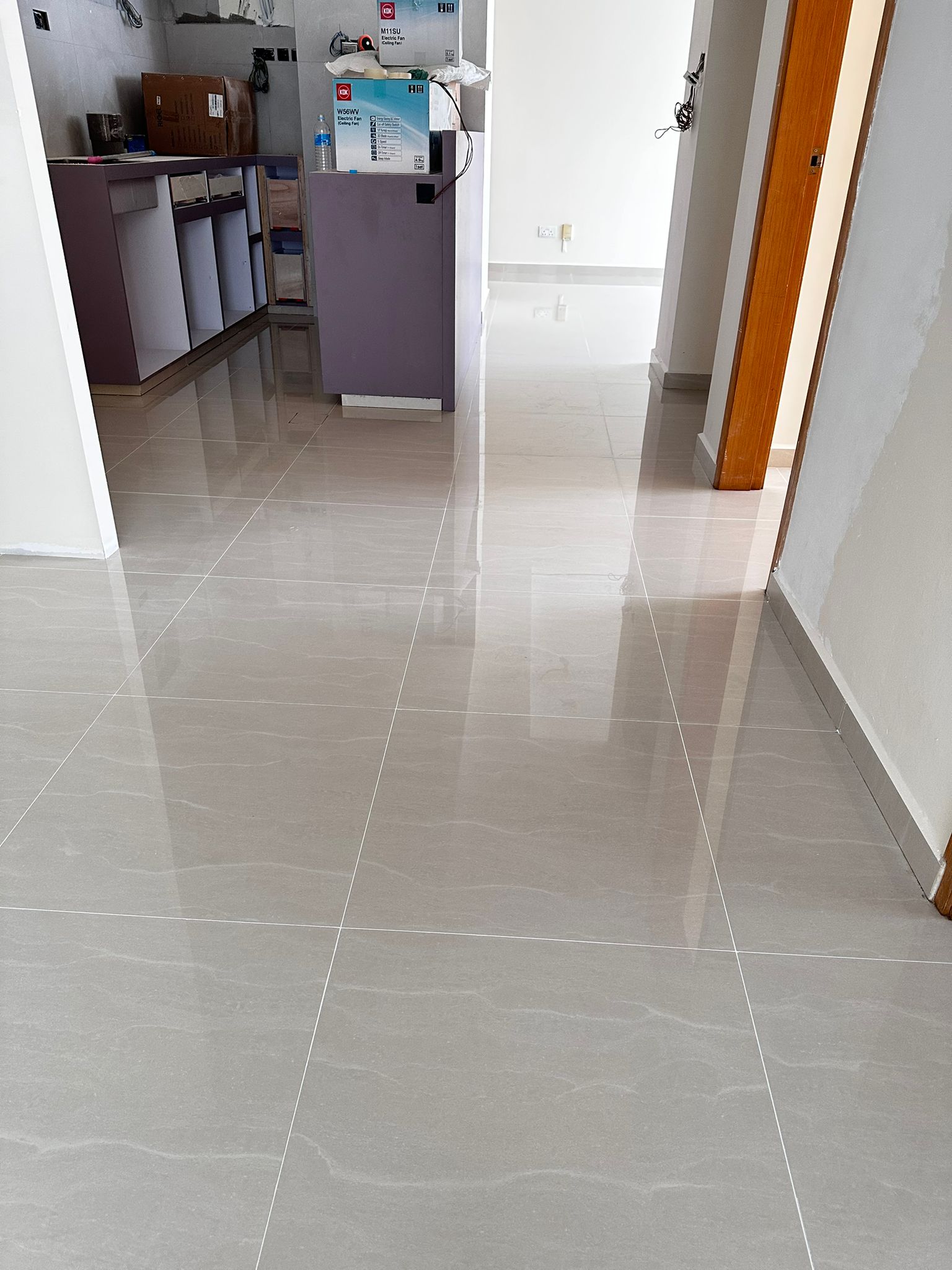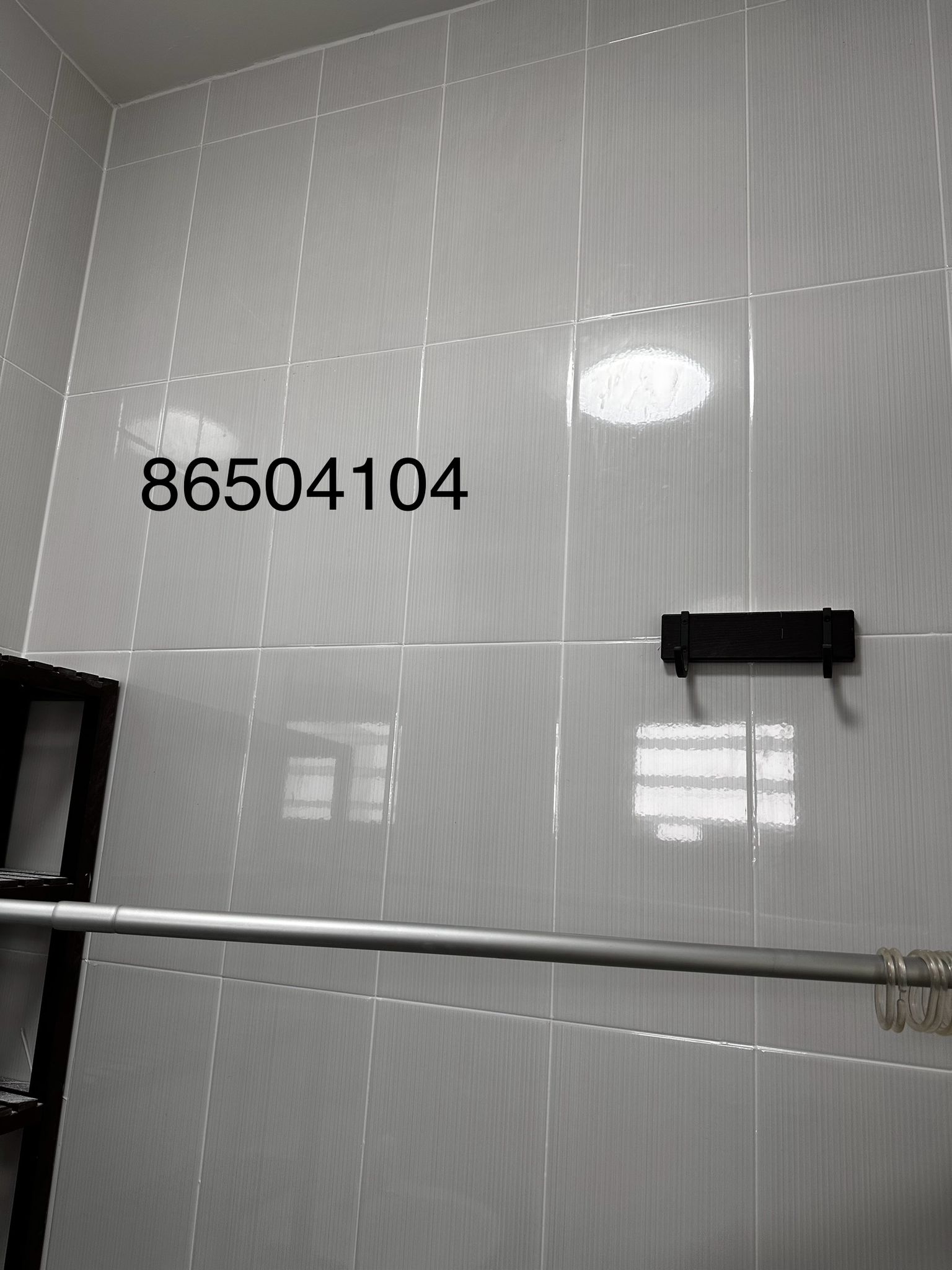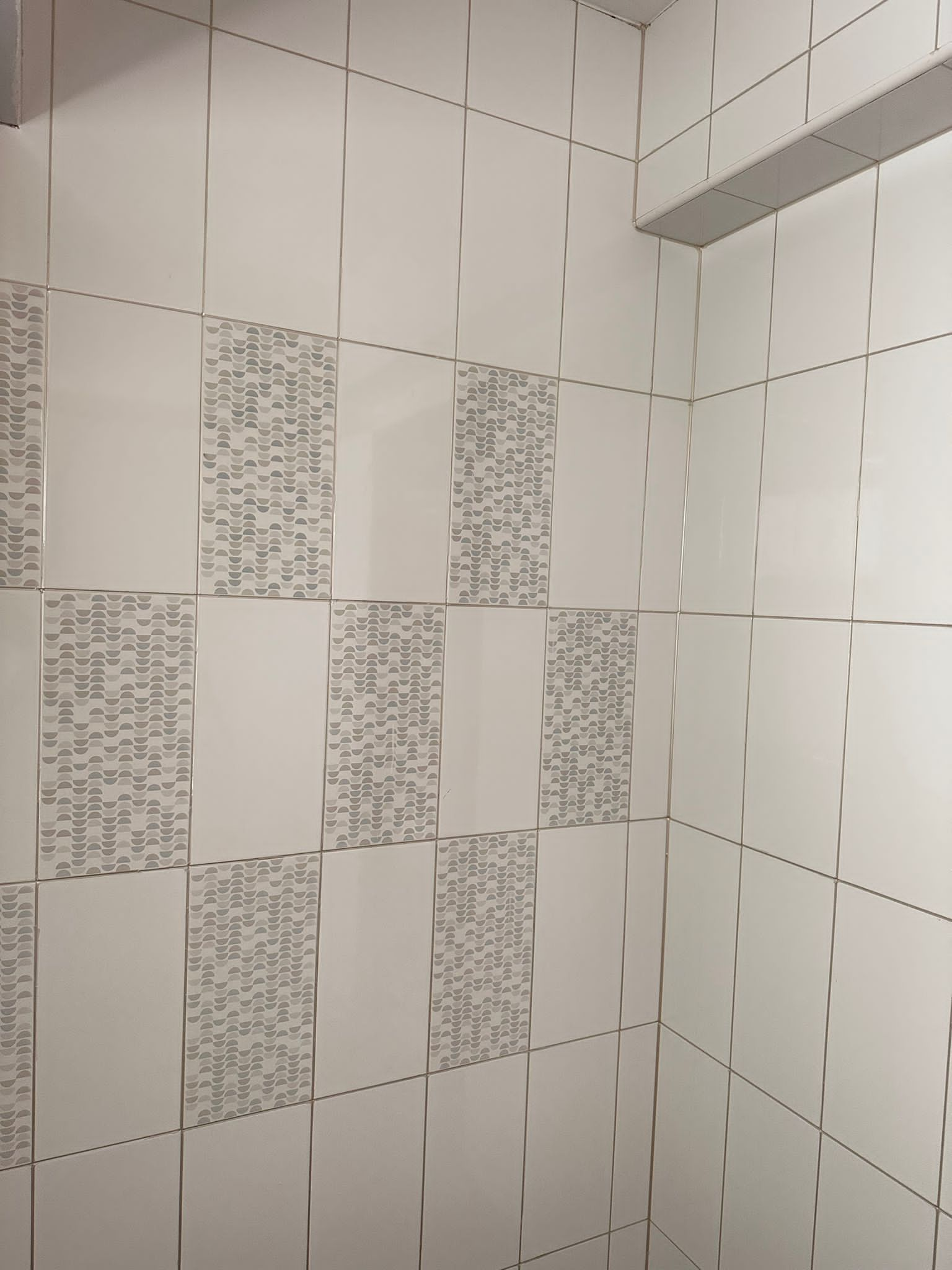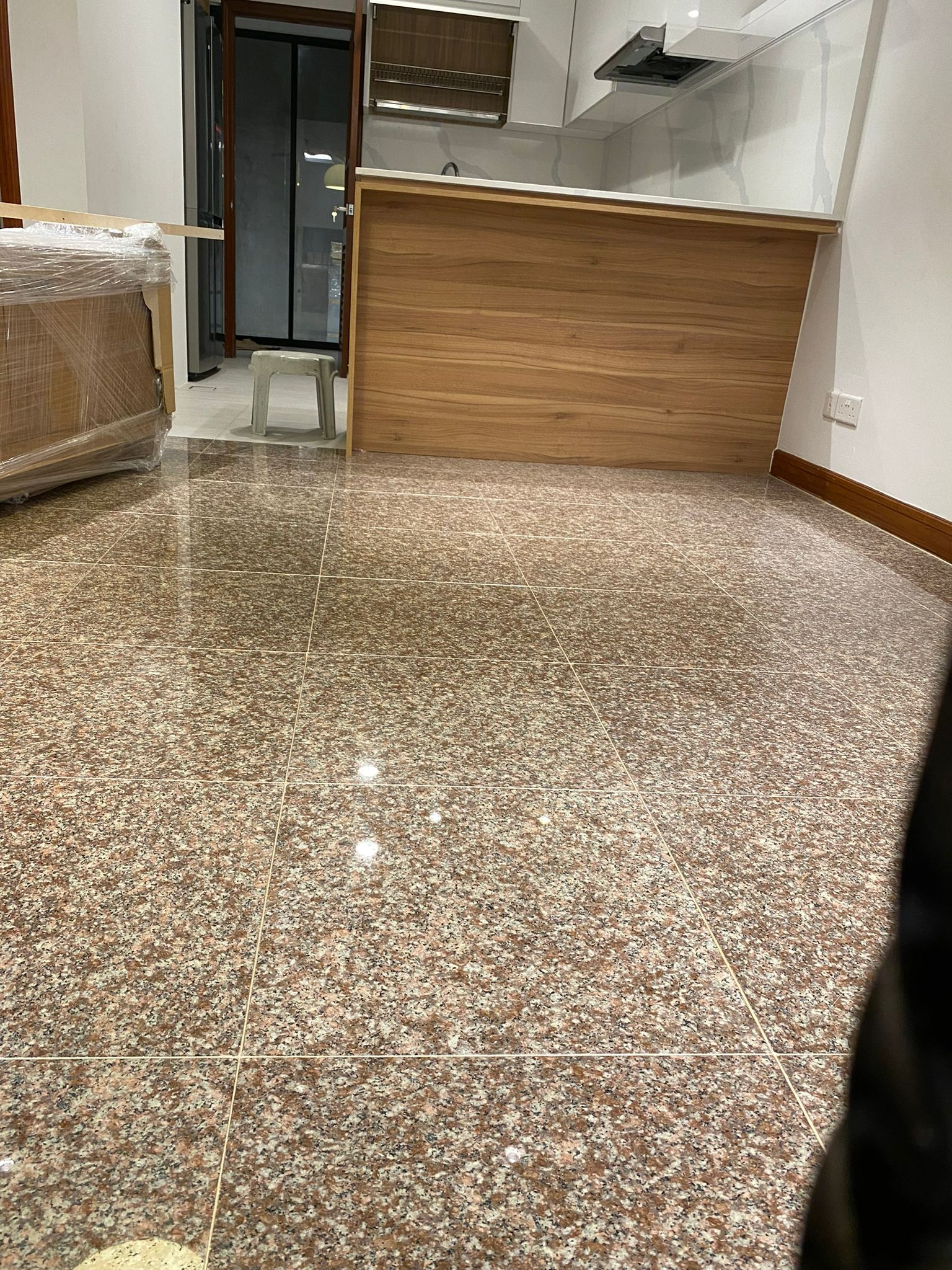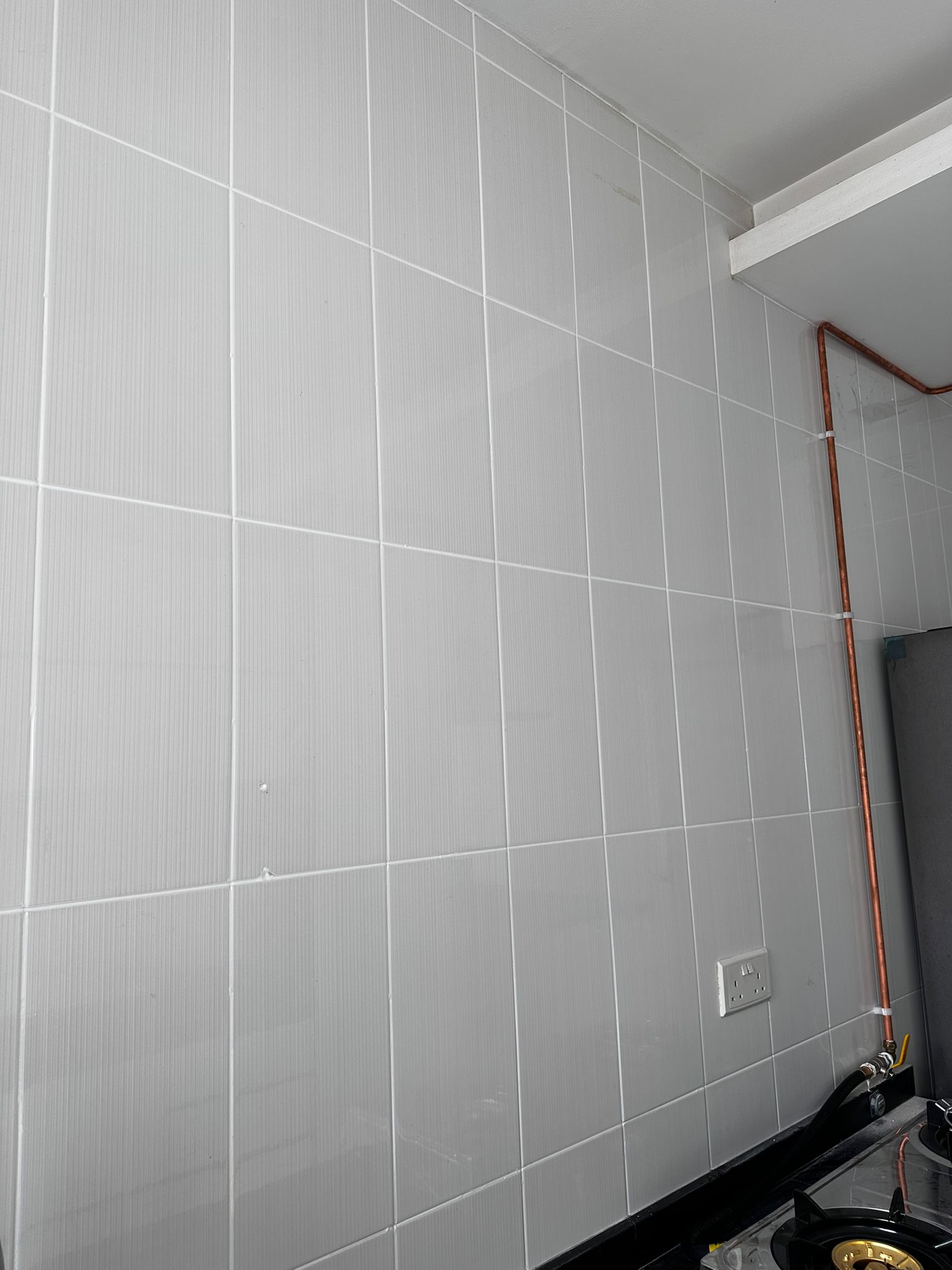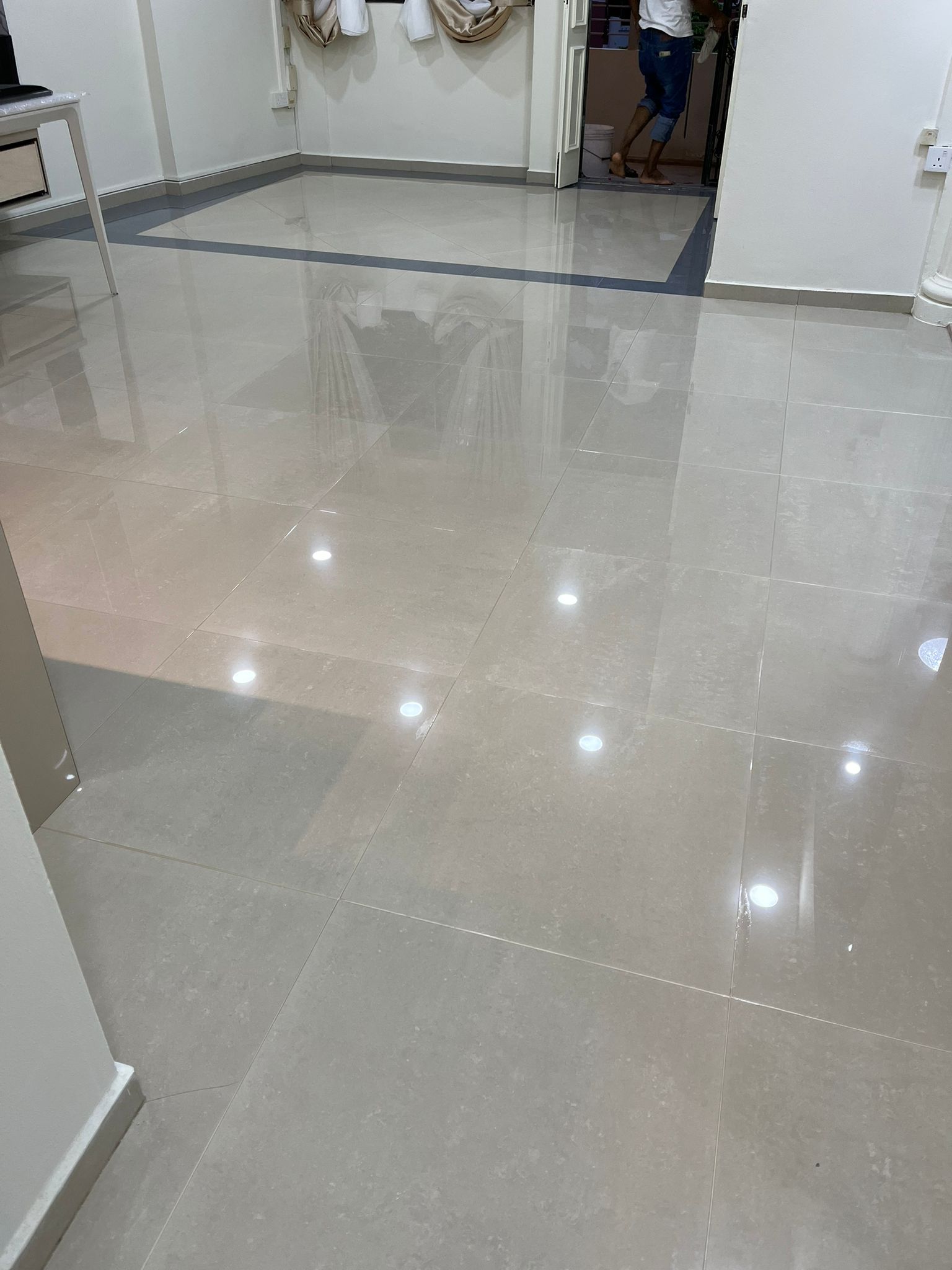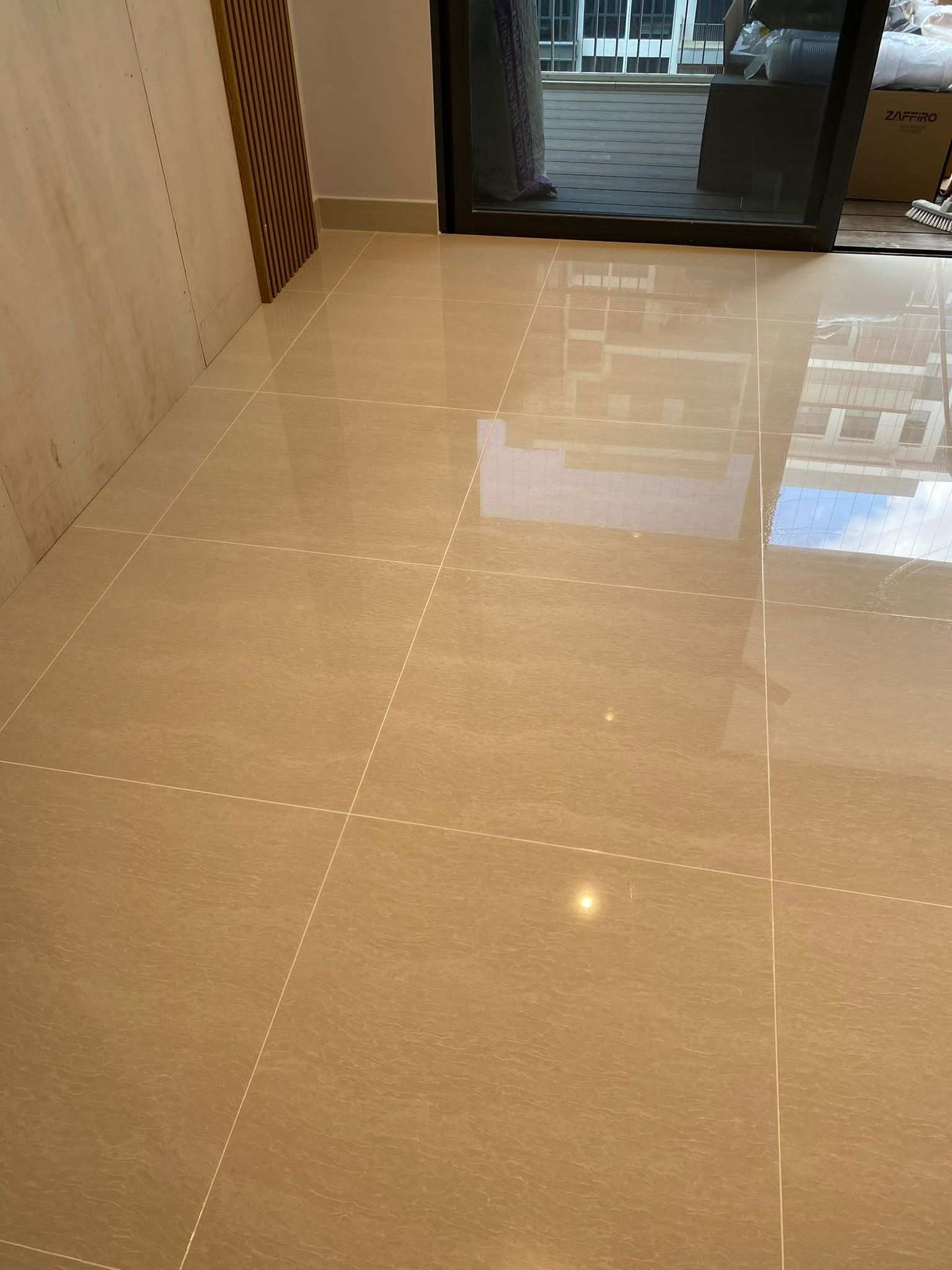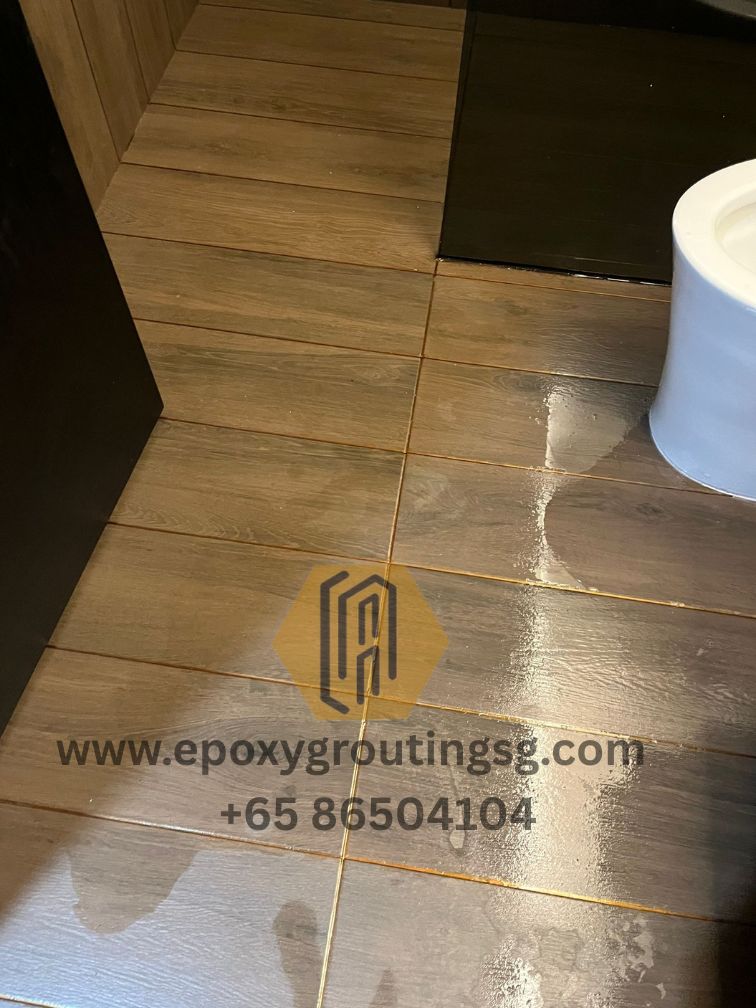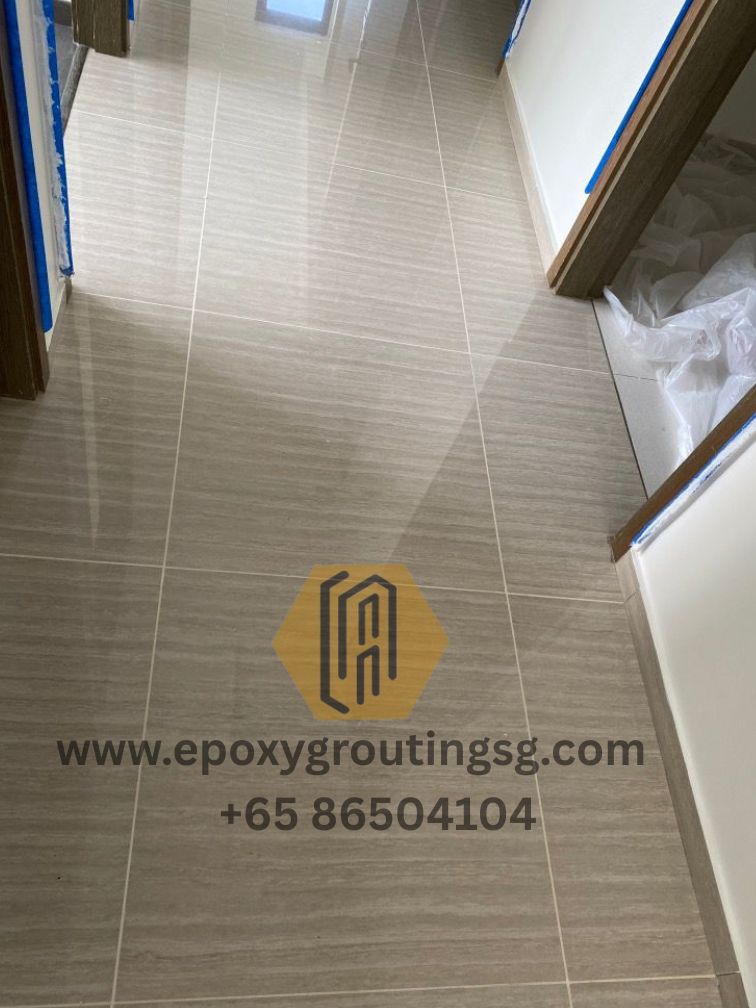Looking for epoxy grout services in Singapore? ADR Construction Pte Ltd offers high-quality epoxy grouting solutions for homes, commercial spaces, and industrial facilities across Singapore. With over 10 years of experience in the construction industry, our expert team guarantees durable and long-lasting results. We specialize in meeting your needs with personalized services, using the best materials available. Whether you're renovating a home or managing a commercial project, trust us to provide epoxy grout in Singapore that ensures durability, resilience, and aesthetics. We take pride in our local expertise, delivering value to every project.
What is Epoxy Grout & Why It Matters in Singapore?
Epoxy grout is a highly durable and water-resistant material used for filling joints between tiles. Unlike traditional cement-based grouts, epoxy grout is made from a combination of epoxy resins and hardeners, which makes it more resistant to stains, moisture, and chemicals. This service is particularly essential in Singapore's tropical climate, where high humidity and heavy foot traffic can cause conventional grout to wear down quickly.
In Singapore, where homes and businesses demand quality flooring solutions, epoxy grout is ideal for kitchens, bathrooms, and other high-traffic areas. It helps maintain the integrity of your tiles, ensuring they stay in place and look fresh for years to come. Whether you’re looking to protect your floors from daily wear and tear or create a sleek, modern appearance, epoxy grouting is the solution.
Key reasons why people in Singapore need epoxy grout:
High foot traffic in commercial and residential spaces
Moisture-prone environments like kitchens and bathrooms
Tropical weather that impacts the longevity of traditional grout
What’s Included in Our Epoxy Grouting Services
Our epoxy grouting services at ADR Construction Pte Ltd include:
Durable epoxy grouting for all types of floor surfaces
Moisture and stain resistance ideal for bathrooms and kitchens
Customization to match your space’s aesthetic and functional needs
Efficient and clean execution with minimal disruption
Expert cleaning and maintenance of the grouted surfaces
We ensure every job is completed with precision, providing not only a visually appealing finish but also ensuring long-lasting durability in your epoxy grout.
Why Choose ADR Construction Pte Ltd in Singapore?
At ADR Construction, we are dedicated to delivering superior epoxy grouting services backed by over 10 years of experience in Singapore's construction industry. Here’s why you should choose us:
Decade of Expertise: We have a proven track record in handling epoxy grout projects for residential, commercial, and industrial clients.
Local Knowledge: As a Singapore-based company, we understand the specific needs of local properties and provide tailored solutions.
Top-Quality Materials: We use only the best epoxy grouting materials to ensure long-lasting, high-performance results.
Certified Professionals: Our team is highly trained in the latest grouting techniques, providing precision and expertise.
Satisfaction Guarantee: We promise high-quality results, completed on time, with full customer satisfaction.
Service Areas We Cover
ADR Construction proudly serves clients throughout Singapore and the surrounding areas, including:
Central Singapore: Orchard, Chinatown, Marina Bay
East Singapore: Bedok, Tampines, Pasir Ris
West Singapore: Jurong, Clementi, Bukit Batok
North Singapore: Yishun, Woodlands, Sembawang
North-East Singapore: Serangoon, Hougang, Punggol
No matter where you are in Singapore, we’re ready to assist with your epoxy grouting needs.
Frequently Asked Questions
How much does epoxy grout cost in Singapore?
The cost of epoxy grout depends on the size of the area to be covered and the specific requirements of the job. We offer competitive pricing, and our team can provide you with a free, no-obligation quote.How long does the epoxy grouting process take?
The duration of the epoxy grouting process depends on the size of your project. On average, it can take 1-2 days for smaller spaces, while larger projects may take longer.Is epoxy grout water-resistant?
Yes, epoxy grout is highly water-resistant and ideal for areas exposed to moisture, such as bathrooms and kitchens.Can epoxy grout be used for both residential and commercial properties?
Absolutely! We provide epoxy grout services for both residential homes and large commercial spaces, ensuring that the grout performs well under high traffic and moisture conditions.How do I maintain epoxy grout?
Epoxy grout is low-maintenance. Regular cleaning with non-abrasive cleaners will help maintain its appearance and functionality.
Lets checkout Video of Epoxy grouting and cleaning :
Lets checkout photos of Epoxy Grouting Service Singapore that are taken from work :
Service Area(s) : Singapore
Here’s a concise list of the services you provide:
Epoxy Grouting for Residential Spaces (bathrooms, kitchens, living rooms, and hallways)
Epoxy Grouting for Commercial Spaces (retail stores, offices, commercial kitchens)
Epoxy Grouting for Industrial Applications (factories, warehouses, chemical plants)
Tile Regrouting Services (floor and wall regrouting)
Floor Polishing & Restoration (tile, stone, and concrete polishing)
Epoxy Grouting for Swimming Pools (waterproof and chemical-resistant grout)
Custom Epoxy Grouting Solutions (tailored to specific project needs)
Epoxy Grouting for Residential Spaces (bathrooms, kitchens, living rooms, and hallways)
Epoxy Grouting for Commercial Spaces (retail stores, offices, commercial kitchens)
Epoxy Grouting for Industrial Applications (factories, warehouses, chemical plants)
Tile Regrouting Services (floor and wall regrouting)
Floor Polishing & Restoration (tile, stone, and concrete polishing)
Epoxy Grouting for Swimming Pools (waterproof and chemical-resistant grout)
Custom Epoxy Grouting Solutions (tailored to specific project needs)
Please call or WhatsApp me for more information


